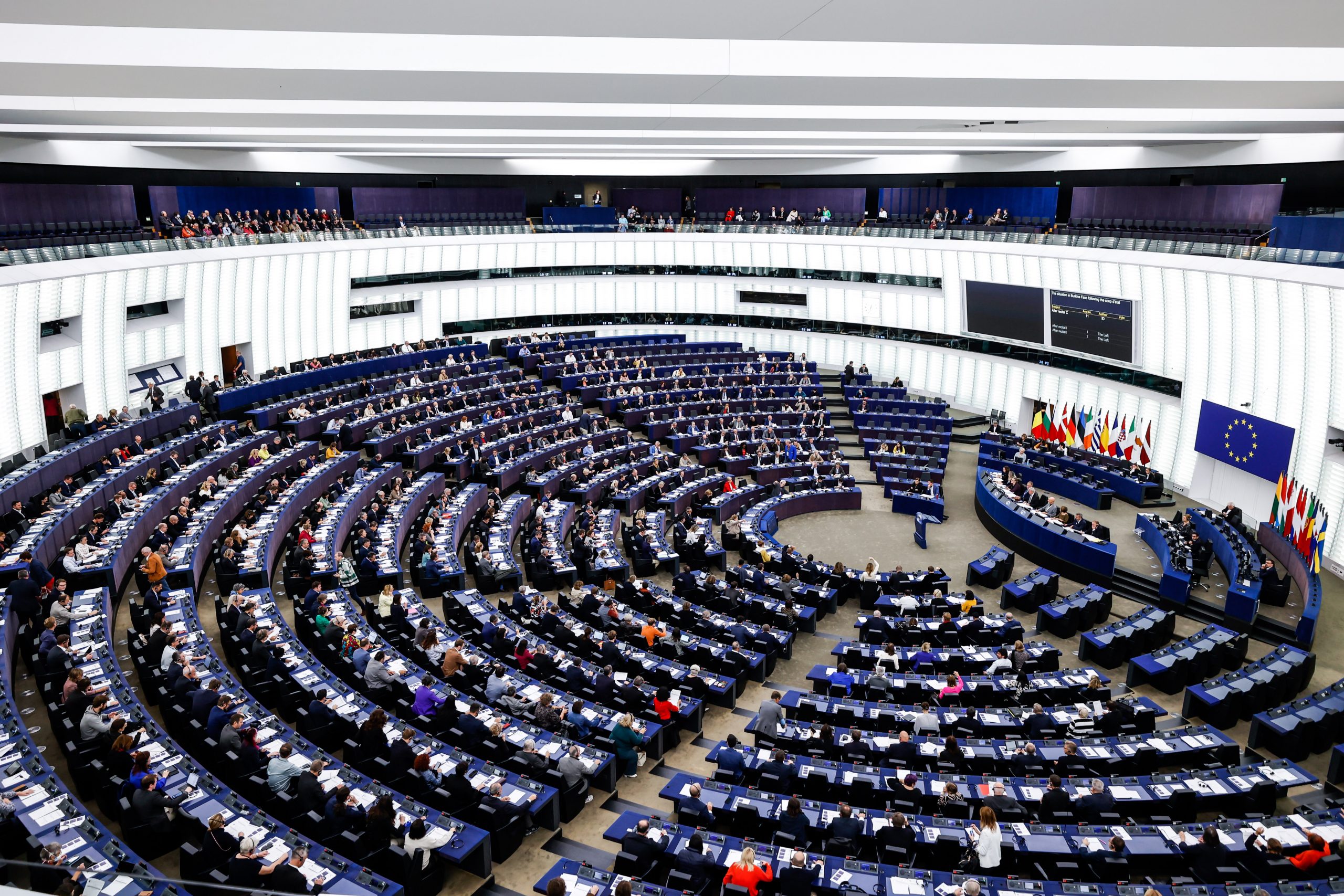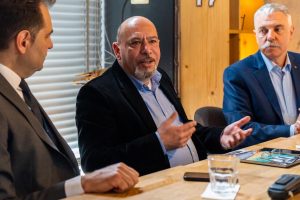
"We believe it is important for the European Union to prove that it does not interpret the provisions of the treaties selectively," says László Trócsányi.Continue reading
“The rule of law does not work in Romania; in a society based on rule of law, justice cannot depend on luck and the person,” Attila Markó said on Monday at a press conference in Sfântu Gheorghe (Szepsiszentgyörgy).
The former state secretary for minorities of the Hungarian Democratic Alliance of Romania (RMDSZ), and former member of the Bucharest Restitution Authority returned to Transylvania after eight and a half years after being acquitted in the last of five court cases against him. The politician, who has lived in Hungary for several years, appeared before journalists on Monday accompanied by the Mayor of Sfântu Gheorghe Árpád Antal and Kovasna County Council Chairman Sándor Tamás.
“We have always known that Attila Markó is innocent,” Árpád Antal said, calling the meeting a “historic moment.” He added that they already knew this 15 years ago, when the court case began that challenged the return of Mikó College in Saint George and in which Markó was sentenced to three and a half years in prison in the first trial. “It took eight and a half years for the Romanian state to declare Attila Markó innocent,” the mayor said.
Sándor Tamás said that “Romania is a showcase country,” and Attila Markó is “an innocent victim of the Romanian shadow state.” He recalled that before joining NATO and the European Union, Romania had taken serious steps in the field of restitution, following the principle of ‘restitutio in integrum’ (restoration to the former state). During this period, more than 110 church properties, several municipal properties, and significant forest areas were returned, he recalled.
After EU accession in 2007, the restitution process came to an immediate halt and a strong symbolic case was sought to counterbalance it,”
he said, referring to Mikó College. He added that there were symbolic buildings throughout Transylvania – the Batthyaneum in Alba Iulia (Gyulafehérvár), the Finance Palace in Orodea (Nagyvárad), and the main building of the Catholic school in Târgu Mureș (Marosvásárhely) – whose restitution had been blocked by court proceedings and legislation; the restitution of forests had also been halted, with their restitution to noble families and public estates being investigated by the Anti-Corruption Prosecutor’s Office (DNA).
Romania complied with the restitution demands until it managed to join international organizations, then the restitution process was reversed by the courts and Attila Markó is a victim of it,”
said Tamás.
Markó pointed out that the past 15 years – of which he spent 8.5 years in emigration in Hungary – have meant a deep cut in his and his wife’s life. He thanked his friends for their support, Deputy Prime Minister Zsolt Semjén for his protection, and Réka Brendus, head of department at the State Secretariat for National Policy, for her support.

Árpát Antal (l), Attila Markó (m), Sándor Tamás (r). Photo: Facebook/Sándor Tamás
He recalled that he had been fully charged in five compensation cases and had won without a lawyer. He said that the state of the Romanian judiciary also contributed to his victory, because until 2018, the Romanian secret service had dictated in the courts, but then “judges came to the fore who decide according to the law and not according to orders.”
He emphasized that in Budapest he helped the Hungarian government with “background material” on Transylvanian affairs. As to his plans, he said he wanted to put himself at the service of the community, and believed that in doing so, the lawyer Imre Mikó (1911-1977) and Bishop Áron Márton (1896-1980), dedicated fighters for equal rights for the Hungarian minority in Romania, should be models. He recalled that he left Transylvania in November 2014, in January 2021, the manhunt against him was lifted; in the coming period he would seek his rehabilitation, as well as the lifting of the seizure of his property.
On April 27, Markó was acquitted by Romania’s Supreme Court of charges brought by the anti-corruption prosecutor’s office. The DNA had accused him of abusing his position as a member of the Restitution Authority’s compensation committee and contributing to the damage of the Romanian state. The former RMDSZ official was also acquitted in four other similar corruption cases by final judgments, dropping all cases pending against him.
via Ungarn Heute, Featured image: Facebook/Attila Markó